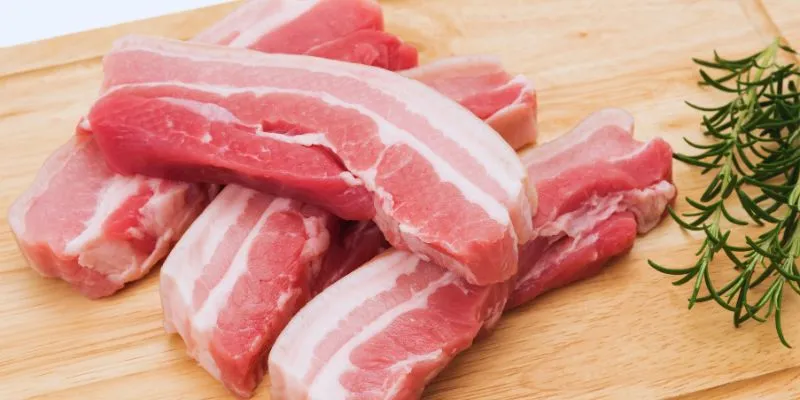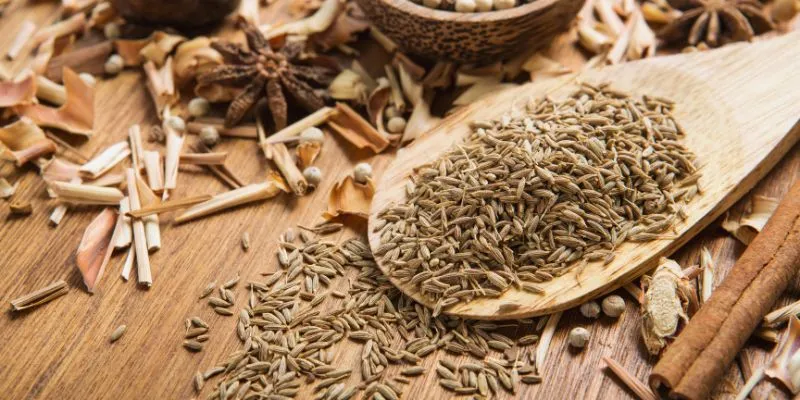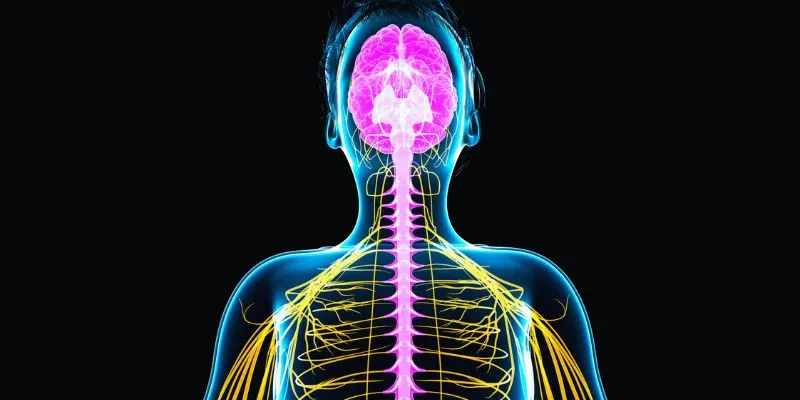Pork: Is It Good for Your Health?
Pork is a popular ingredient in delicious dishes worldwide, from succulent roasts to savory stews. However, as you enjoy this versatile meat, you might ask: is it healthy? Packed with essential minerals, vitamins, and high-quality protein, pork can be a valuable addition to any diet. Not all cuts, however, are created equal.
While processed pork may lead to health issues, lean cuts can support muscle growth and provide energy. This article explores the health benefits, nutritional profile, and potential drawbacks of pork. Understanding these factors can guide you in incorporating pork into your meals. Join us as we explore how pork can fit into a balanced, nutritious diet!

Pork Nutrition Facts
Pork is rich in essential nutrients that support a balanced diet. Here’s a closer look at its primary nutrients:
- Protein: Pork is a rich source of high-quality protein, vital for building and repairing body tissues. A standard 3-ounce serving of pork contains about 22 grams of protein, making it an excellent choice for muscle health and recovery.
- Vitamins: Pork is abundant in several B vitamins, such as B6 and B12, crucial for red blood cell production and brain function. Vitamin B12 is necessary for maintaining nerve function and DNA production, while vitamin B6 aids in protein metabolism and cognitive development.
- Minerals: This meat is also rich in important minerals like selenium and zinc. Selenium supports thyroid function and protects against oxidative stress, while zinc is crucial for boosting the immune system and accelerating wound healing.
- Fats: The fat content in pork varies by cut. Lean cuts, such as tenderloin or loin chops, contain less fat, making them healthier options for those mindful of fat intake.
- Calories: A typical 3-ounce serving of pork contains between 150 to 200 calories, depending on the cut and fat content, making it a nutrient-dense dietary option.
Health Benefits of Eating Pork
Consuming pork in moderation can offer numerous health benefits. Here’s how pork can benefit your body:
- Supports Muscle Growth: Pork is an excellent source of high-quality protein, essential for muscle development and maintenance. Regular consumption of protein-rich foods like pork can enhance athletic performance.
- Boosts Energy Levels: The B vitamins in pork, especially B6 and B12, play a crucial role in converting food into energy, fueling daily activities, and keeping you energized throughout the day.
- Promotes Brain Health: Vitamin B12, abundant in pork, supports overall brain function and nervous system health. Adequate B12 intake is linked to improved cognitive abilities and may help prevent memory loss with age.
- Strengthens Immune System: Pork is a good source of zinc, a mineral that bolsters the immune system. Zinc is essential for the development of immune cells and defending the body against infections, particularly during cold and flu seasons.
- Supports Heart Health with Lean Cuts: Lean pork cuts like loin or tenderloin provide a low-fat protein source suitable for a heart-healthy diet. These cuts, consumed without added fats, can promote heart health while delivering essential nutrients.

Side Effects of Eating Pork
While pork offers several health benefits, it also has potential drawbacks. Consider these side effects:
- High in Saturated Fat: Certain pork cuts can be high in saturated fat, which may increase cholesterol levels. Elevated cholesterol, especially when consumed in excess, can raise the risk of heart disease over time.
- Linked to Heart Health Risks: Processed pork products like deli meats, bacon, and sausages often contain added preservatives and salts. Regular consumption can elevate blood pressure and increase the risk of heart disease.
- May Contain Parasites: Undercooked pork can harbor parasites like Trichinella, leading to illness. Proper cooking eliminates this risk. Always ensure pork reaches a safe internal temperature to avoid foodborne illnesses.
- Increases Cancer Risk with Processed Pork: Processed pork is classified by health organizations as a possible carcinogen. Frequent consumption of processed items like hot dogs, bacon, and ham has been linked to certain cancers.
- Possible Allergic Reactions: Some individuals may experience allergic reactions to pork, including digestive issues, rashes, or swelling. Consult a healthcare provider if you experience adverse reactions after consuming pork.
Is Pork Good for You?
Whether pork is good for you depends on the type and preparation of the pork you choose. Lean cuts, rich in high-quality protein, vitamins, and minerals, such as tenderloin and loin chops, can enhance overall health, boost energy levels, and support muscle growth when consumed in moderation. However, processed forms like bacon and sausages, high in saturated fats, sodium, and preservatives, may undermine the health benefits of pork.
Regular consumption of processed products can increase the risk of certain cancers and heart disease. To enjoy the benefits of pork while minimizing risks, choose lean cuts and employ healthy cooking methods, such as grilling, baking, or sautéing with minimal added fats. Additionally, ensuring pork is cooked to safe temperatures is crucial to prevent foodborne illnesses. When chosen and prepared wisely, pork can be a nutritious addition to your diet, supporting your overall nutritional needs and well-being.
Conclusion:
In conclusion, pork can be a healthy addition to your diet when consumed in moderation and prepared properly. Lean cuts provide essential proteins, vitamins, and minerals that support muscle growth, maintain energy levels, and promote overall health. However, it is advisable to avoid processed pork products due to their high sodium and saturated fat content, which may pose health risks. Always ensure pork is cooked to safe temperatures to prevent foodborne illnesses. By making informed choices, you can enjoy the numerous benefits of pork while maintaining a balanced and nutritious diet.











